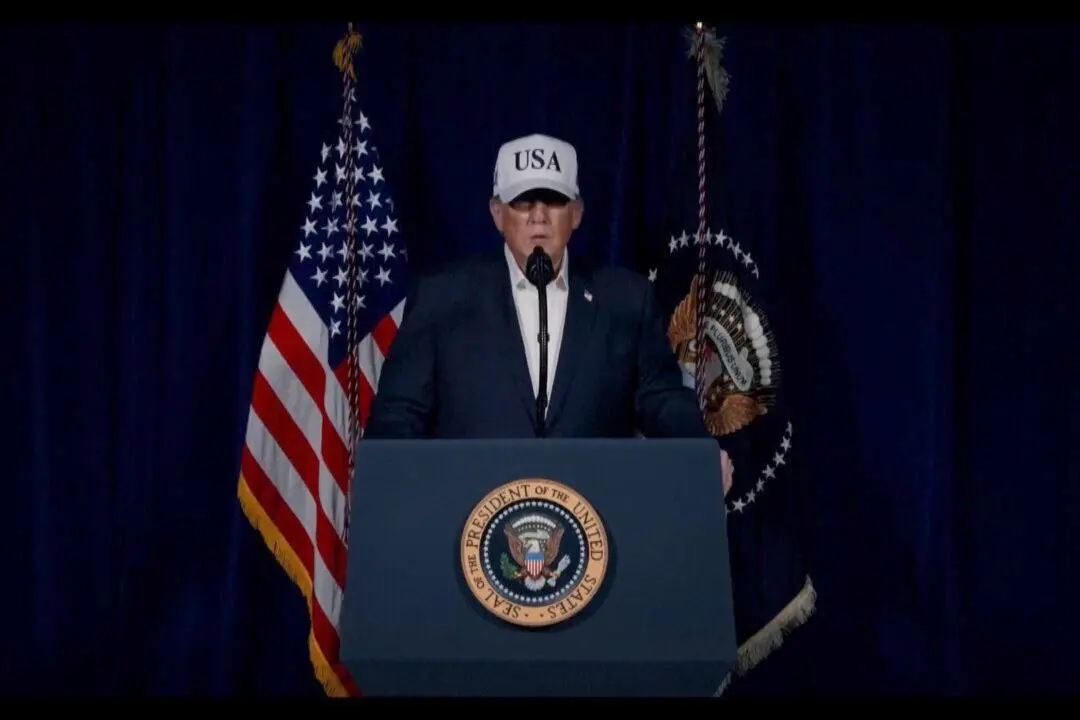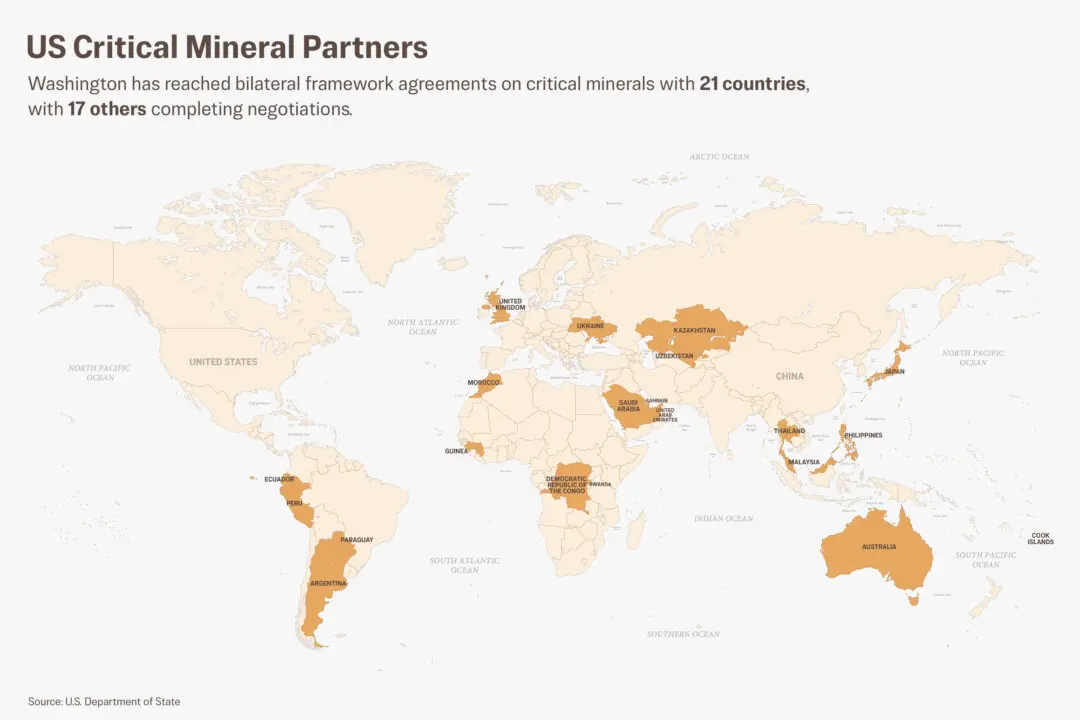A lot is at stake in Virginia’s election this November: all 140 seats in the state House and Senate are up for grabs. With redistricting and over a dozen retirements, including Senate leaders from both parties, this year’s election is more competitive and uncertain than in previous years.
All possible outcomes are within reach.




